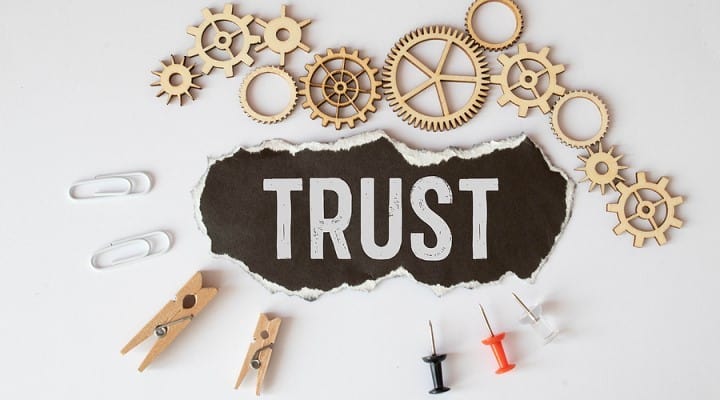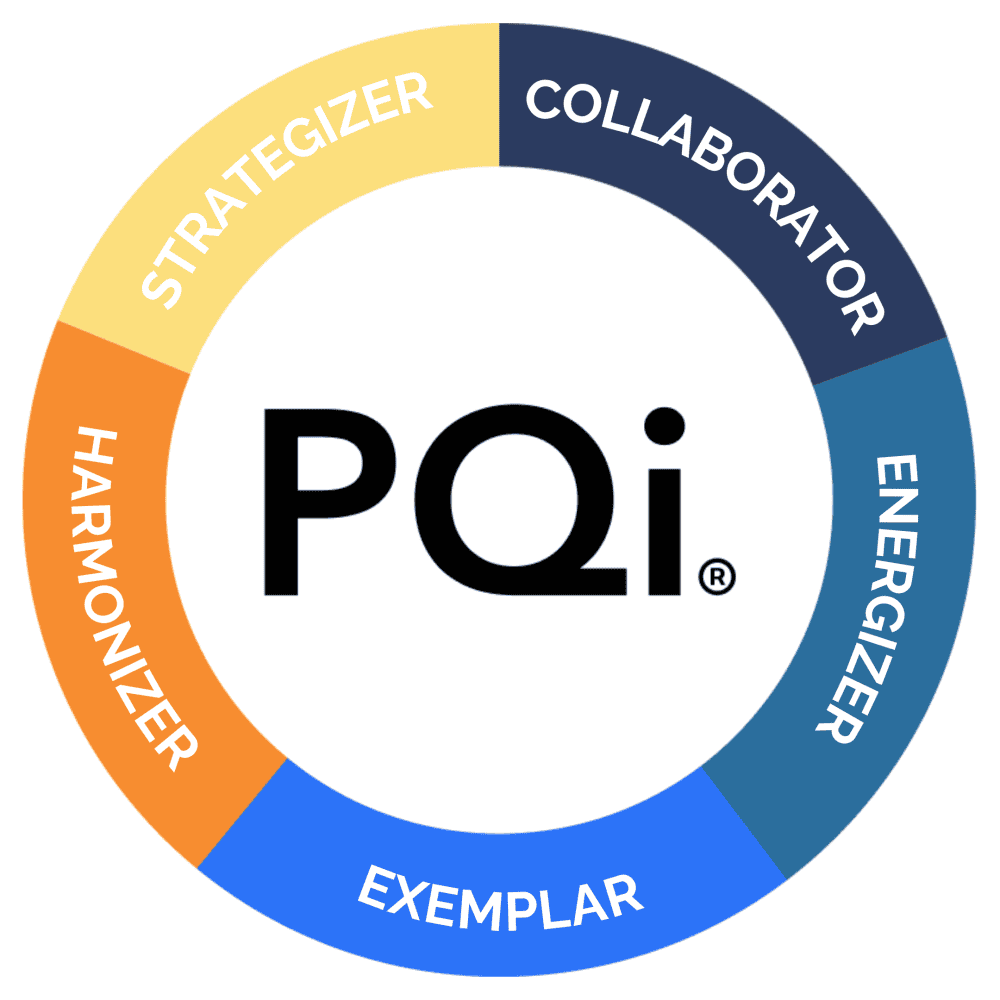Today, more than ever, our business lives are all about connections and partnerships. At AchieveUnite, we know the heart of any successful partnership is Trust. It’s the glue that holds everything together, helping us navigate differences, resolve conflicts, and work towards common goals. However, trust is fragile and can be easily broken. I’ve occasionally experienced broken partnership trust in my career, and I know that rebuilding trust and maintaining open communication is essential. Let’s examine the importance of trust in partnerships, strategies for rebuilding trust after setbacks, and methods for maintaining open communication.
Building Bridges, Not Walls: The Importance of Trust in Partnerships
Trust is the foundation of any partnership. It fosters collaboration, encourages innovation, and enhances productivity. When trust exists, partners are more likely to share information, take risks, and work towards mutual benefits. Conversely, a lack of trust can lead to misunderstandings, conflicts, and, ultimately, the partnership breakdown.
Key Benefits of Trust in Partnerships:
- Enhanced Communication: Trust encourages open and honest dialogue, crucial for resolving conflicts and making informed decisions.
- Increased Collaboration: Partners who trust each other are more willing to share resources, knowledge, and expertise.
- Greater Resilience: Trust can help partnerships withstand challenges and setbacks, as partners are more likely to support each other in difficult times.
- Improved Performance: Trust leads to better teamwork and synergy, which can result in higher productivity and success.
- Higher Levels of Innovation & Growth: New research shows higher trust cultures at the board and executive levels are more successful overall and experience higher levels of growth.
Rebuilding Trust After Setbacks
Despite the best intentions, setbacks can occur in any partnership. Misunderstandings, broken promises, or unmet expectations can erode trust. Rebuilding trust is challenging but possible with commitment and the right strategies. I’m proud to say that in almost every situation where I’ve faced this challenge firsthand, I’ve been able to work through it with the other person. However, it’s not easy. It requires honest and candid conversations, a genuine curiosity rather than judgment of the other person’s point of view, ongoing persistence in engaging with the tough conversations, and a strong commitment overall to the partnership.
Words and Strategies for Rebuilding Trust
- Acknowledge the Issue: “I agree with you. We have a challenge that we need to work together to overcome. I agree it’s an issue.” Acknowledging the problem is the first step in rebuilding trust. Both parties must recognize what went wrong and take responsibility for their actions.
- Open Communication: “I hear you and I want to understand this point – can you give me specific examples? Where did I do that? What do you need in this partnership?”- Honest and transparent communication is essential. Discuss the issues openly, listen to each other’s perspectives, and avoid assigning blame.
- Listen with curiosity, not judgment: “Tell me more about that.” Acknowledge the other person’s point of view.
- Apologize and Forgive: “You are right, and I apologize.” A sincere apology can go a long way in rebuilding trust. It shows that you value the relationship and are willing to make amends. Equally important is the willingness to forgive and move forward.
- Set Clear Expectations: “Let’s align our goals. What are your goals for this relationship over the next 90 days? These are my priorities.” Re-establishing trust requires setting clear, realistic expectations. Define roles, responsibilities, and goals to prevent future misunderstandings.
- Demonstrate Reliability: “You can count on me. I will call you weekly on Fridays to check in to ensure we stay tightly aligned.” Consistently meeting commitments and delivering on promises can help rebuild trust over time. Small, consistent actions can have a significant impact.
Maintaining Open Communication
- Regular Check-ins: Schedule regular meetings to discuss progress, address concerns, and celebrate successes. These check-ins help keep everyone on the same page and build a habit of open dialogue.
- Active Listening: Practice active listening by paying full attention to your partner, acknowledging their points, and responding thoughtfully. This shows respect and fosters mutual understanding.
- Use Technology: Utilize communication tools and platforms to facilitate seamless and efficient communication. Email, instant messaging, and video conferencing can help bridge gaps and keep everyone connected.
- Feedback Culture: Encourage a culture of feedback where partners feel comfortable sharing their thoughts and suggestions. Constructive feedback can lead to continuous improvement and stronger relationships.
- Transparent Reporting: Share information openly, including successes and challenges. Transparency builds trust and allows partners to make informed decisions.
A Tool for Trust Building
With this in mind, we collaborated closely with researchers at leading business schools at the University of Notre Dame, Arizona State University, and the University of Glasgow, and developed the Partnering Quotient Index (PQi®) assessment: the first-of-its-kind, scientifically verified psychometric assessment that measures how and how well we build trust, the foundation of all partnerships. For over a year and a half, this PQi assessment has helped business teams identify their individual partnering strengths and weaknesses. Follow-up workshops build awareness and support behavior changes that accelerate trust in business partnerships, create unity, and promote collaboration.
Building and maintaining partnership trust is essential for overcoming differences and navigating conflicts. While setbacks can occur, they do not have to be the end of the relationship. Trust can be rebuilt by acknowledging issues, communicating openly, and demonstrating reliability. Maintaining open communication ensures that partnerships remain strong and resilient. By focusing on building bridges rather than walls, partners can create lasting, successful collaborations that benefit everyone involved.
Do you have a story about rebuilding trust in a partnership?




